Where it all started: ‘A diary that highlighted Swat’s human tragedy’
Starting from January 3, 2009, Malala’s diary was published for 10 weeks by BBC Urdu and English.
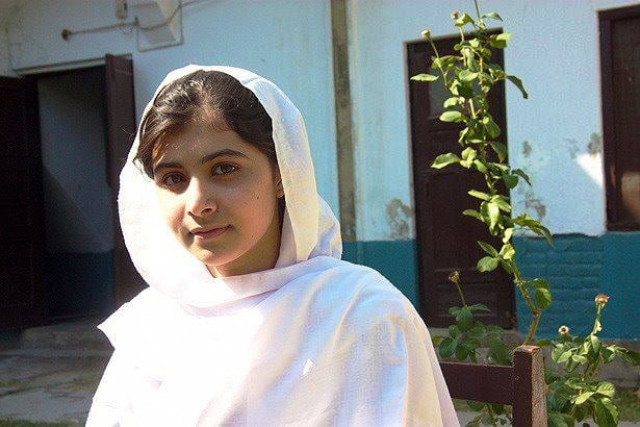
Malala Yousafzai was only 11 years of age when she became the “voice of Swat” through her diary entries on the BBC Urdu website.
While Abdul Hai Kakar, the brains behind Malala’s diary, admits that the attack on the 14-year-old was a possibility, he maintains that her blogs played a crucial role in highlighting Swat’s human tragedy.
Kakar, a former BBC Urdu journalist from Peshawar, spoke to The Express Tribune via Skype from Prague, where now he works for Radio Mashal, a Pashto service of Radio Free Europe/Radio Liberty (RFE/RL).
“I covered the Swat conflict extensively for the BBC and observed that reporting in Pakistani media was clichéd and missed a humanitarian angle,” he said.
Kakar said that Malala’s diary was an attempt to creatively and objectively portray the situation on ground in Swat.
The idea occurred to him when the Taliban outlawed girls’ education in the valley, and he felt finding a local girl who could express her feelings and emotions would be appropriate.
“Girls were victims in Swat’s war and this diary would bring forward their perspective and at the same time document their experiences as first-hand witnesses,” Kakar said.
He approached Malala’s father Ziauddin Yousafzai to find him a girl who would be willing and able write such a diary.
Ziauddin, who runs a school in Swat, told Kakar he had two candidates in mind but their families would not permit them.
Ziauddin then hesitantly asked if his daughter, Malala, who was 11-years-old at the time, would be up for the job. Kakar said that Ziauddin was even willing to let Malala use her real name; however, the BBC was opposed to the idea and used a pen name.
The name Gul Makai – a heroine of Pakhtun folktale – was chosen as an apt pseudonym meant to strike a chord with the local population so they could easily identify with Malala’s blog, he added.
Starting from January 3, 2009, Malala’s diary was published for 10 weeks by BBC Urdu and English. Kakar recalled he would have a conversation with Malala on the phone for 30 minutes every day, during which she would narrated to him what she saw, felt or heard that day.
He said the impact of Malala’s diary was huge, as it was written by a girl at a time when the girls of Swat were being denied their right to education. “It was regarded as the voice of Swat,” he said.
When asked about his reaction to the brutal attack on her Kakar said he had feared the eventuality as whoever tried to talk against the security establishment was chased to their ultimate end.
“I feel really sad for her, as we had developed family relations over time,” he said.
Kakar said not revealing Malala’s identity could have averted the attack. However, her identity was revealed when her name was filed for the International Peace Prize.
It was her father’s decision, not the BBC’s, he reiterated.
Correction: The word diary had been misspelt in an earlier version of this article. The correction has been made.
Published in The Express Tribune, October 12th, 2012.


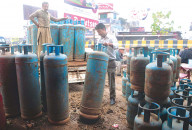
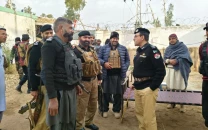

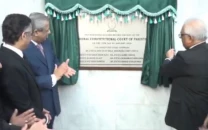
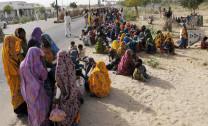



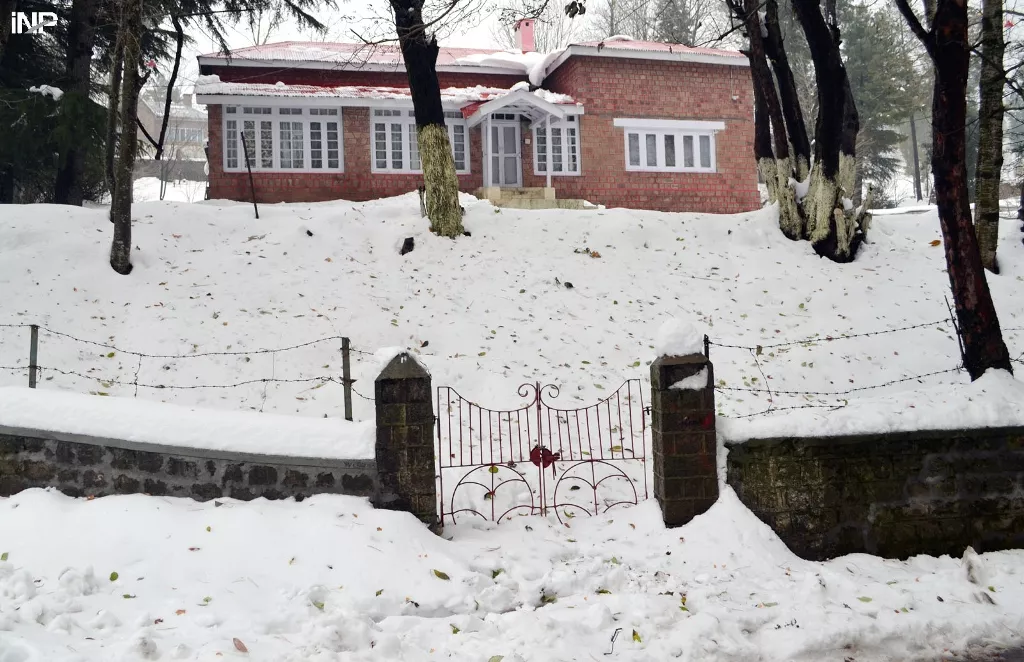
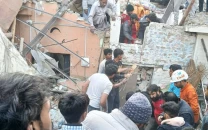







COMMENTS
Comments are moderated and generally will be posted if they are on-topic and not abusive.
For more information, please see our Comments FAQ